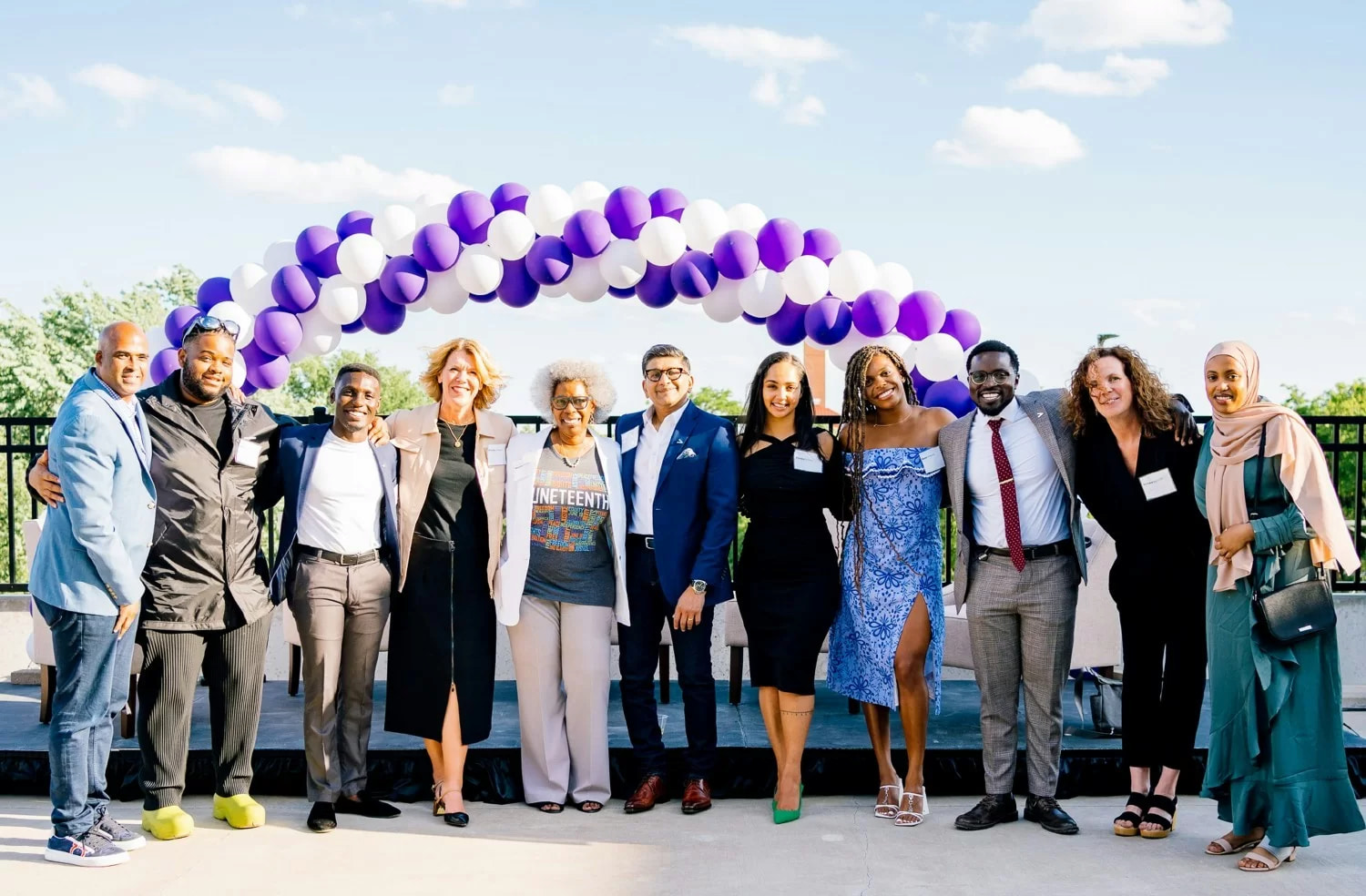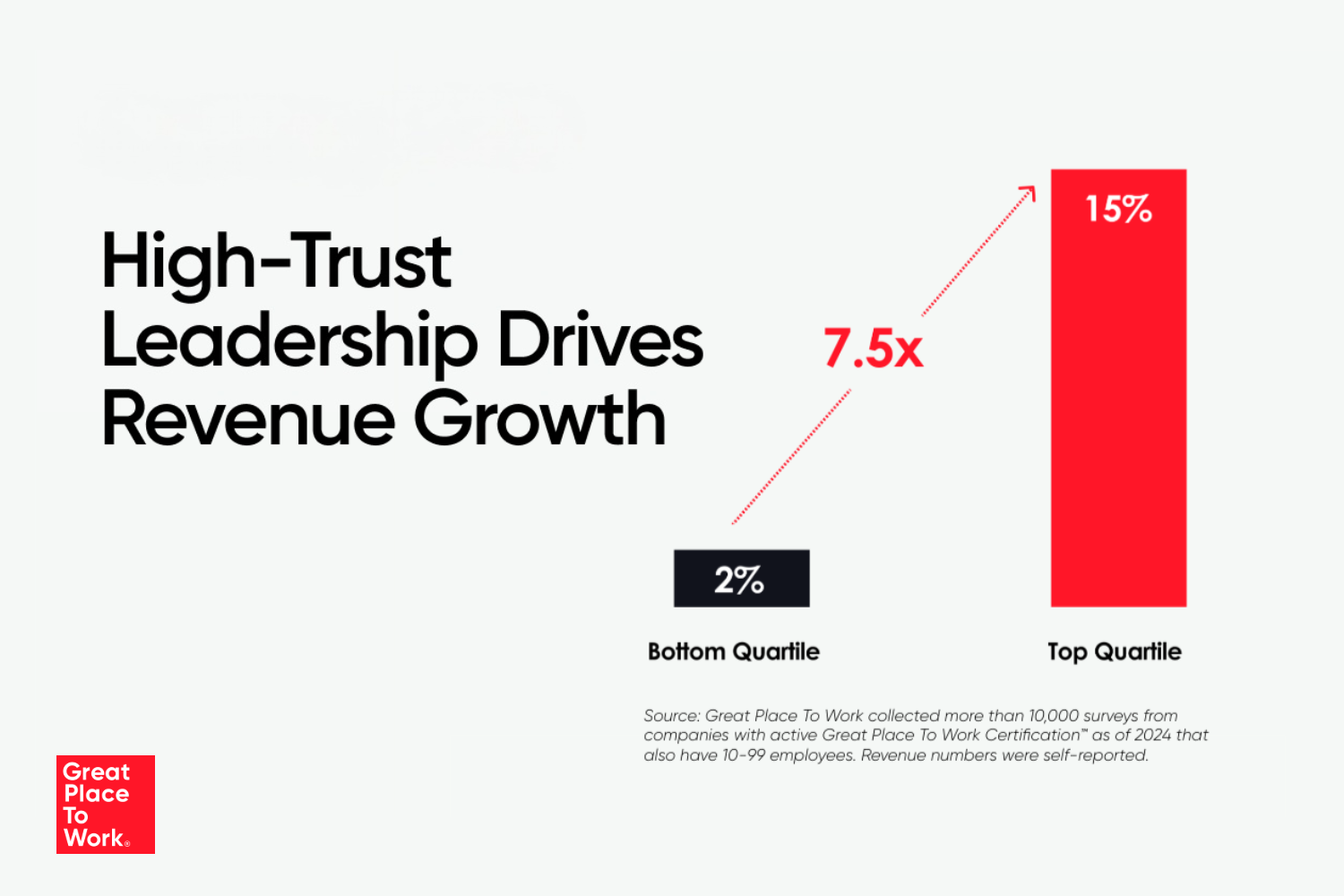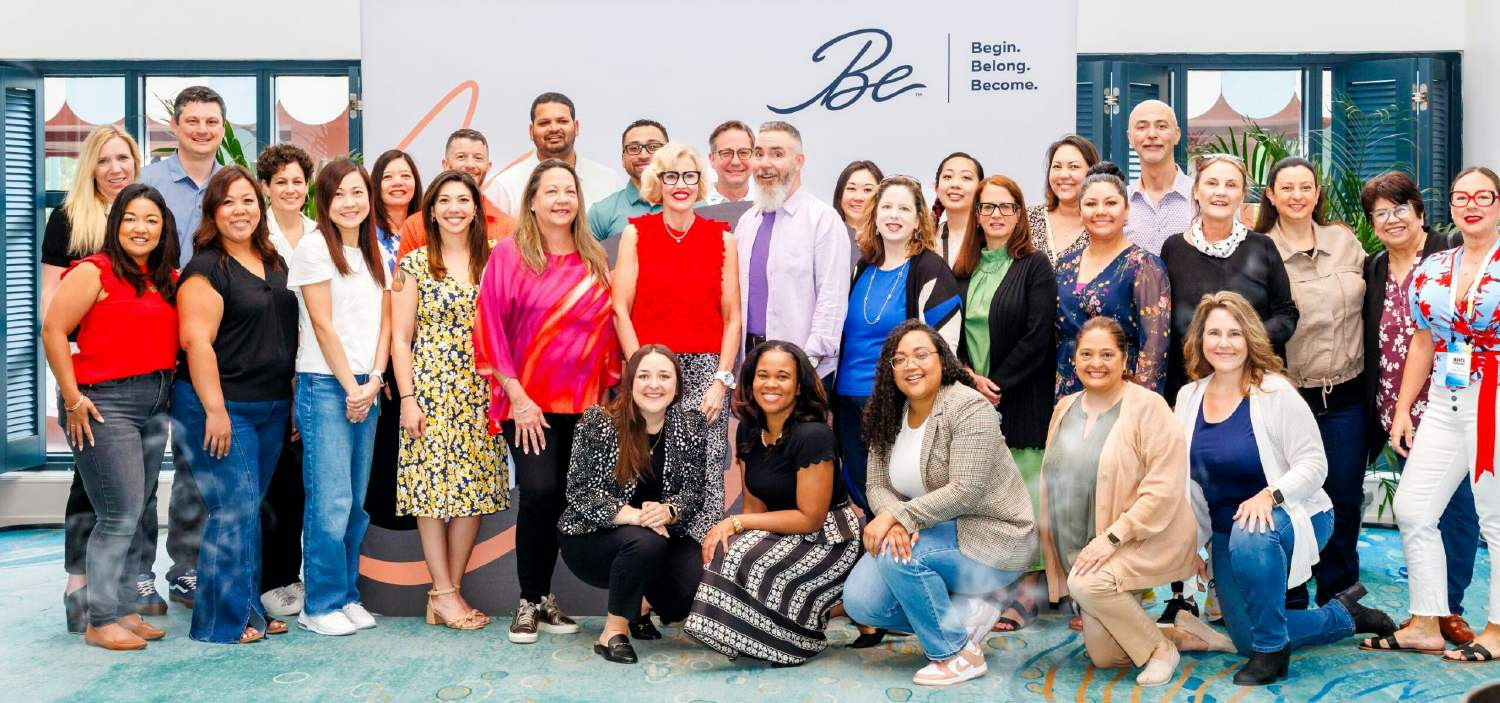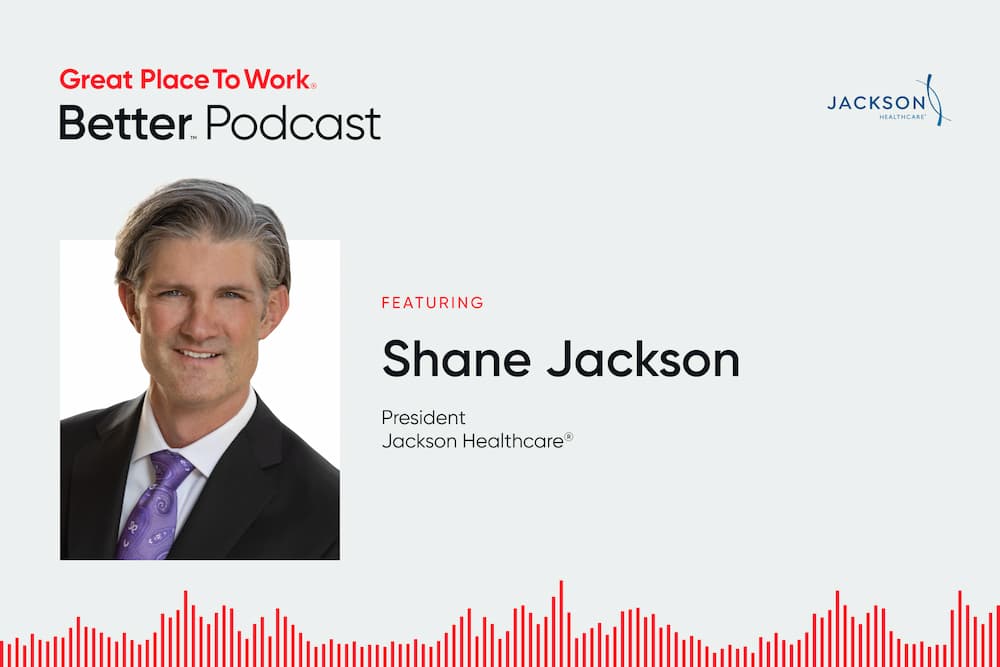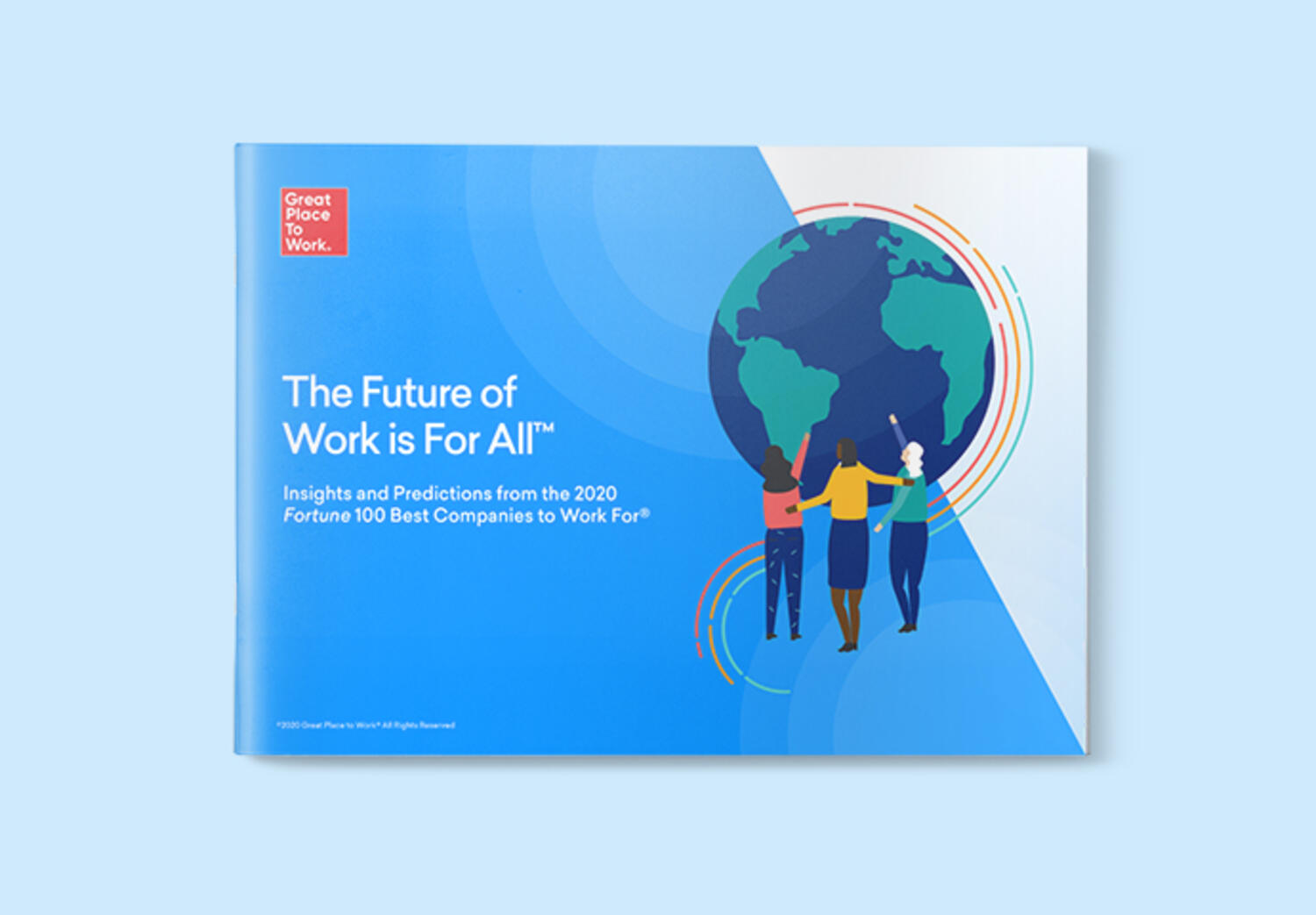Belonging, Best Workplaces, Diversity & Inclusion, Employee Experience
Here’s how you can create a welcoming environment where every employee feels encouraged to participate.
Belonging in the workplace is a priority for diversity, equity, and inclusion programs.
If diversity and inclusion are tools for uplifting marginalized communities and demographics, belonging is something more fundamental. A sense of belonging is essential for social health.
“We cannot separate the importance of a sense of belonging from our physical and mental health,” writes Angela Theisen, a psychotherapist with Mayo Clinic. “The social ties that accompany a sense of belonging are a protective factor helping manage stress and other behavioral issues. When we feel we have support and are not alone, we are more resilient, often coping more effectively with difficult times in our lives.”
What does that look like in the workplace?
Yolanda Friend, managing director, inclusion and diversity, North America at Accenture, shared how her company (No. 5 on the 2023 Fortune 100 Best Companies to Work For® List) defines belonging at our For All™ Summit.
Looking to create a workplace where every employee feels like they have a voice? That they have agency? That they matter?
There are four main ways that employees experience a sense of belonging, says Friend.
1. Having influence over decisions
Do employees feel they have a voice in important decisions that affect them? In order to feel valued, employees must not only be in the room when decisions are made, but be given a meaningful way to participate.
“You have to feel like your ideas are valued, and you have to feel respected,” says Friend. “You may not always get your way, but you’re having a say and people are absorbing it.”
If you ask for input, but then ignore or dismiss what employees have to say, those who tried to participate won’t feel included.
2. Being respected by peers and managers
What does it look like when someone isn’t getting the respect they deserve? Those examples are easily found.
“A lot of us can relate to a time when someone spoke up in a meeting, had a great idea, but it was glossed over, brushed off a little bit,” says Friend. “Nobody really added on or provided any more support for the idea. And then someone else says it and it’s the best thing that everyone in the room’s ever heard — the exact same thing.”
That experience sends a clear message to the employee who was ignored. It’s also a dynamic that can be corrected.
“You have to feel like your ideas are valued, and you have to feel respected."
“Think about this safety that you can provide as a leader by simply redirecting the conversation to acknowledge the person who originally stated their idea,” says Friend. “It’s little things like that which really build that sense of belonging.”
3. Receiving sponsorship from a senior leader
Who leaders spend their time with can impact perceptions of fairness and impartiality.
“I wouldn’t be where I am today without sponsorship,” Friend says. “I was lucky. I found a senior leader who works in my space, who is a friend, who’s a sponsor, who’s a mentor. I can be myself with her with no judgment.”
Friend differentiates between mentorship and sponsorship, and it’s the latter which she says really makes a difference for feeling a sense of belonging within an organization.
“Mentors are there to talk with you,” Friend says. “Sponsors are there to talk about you and amplify you with other audiences in other spaces.”
While mentors are helpful resources for employees, it’s the sponsorship that can open career doors and ensure an employee knows you see a future for them at the company.
4. Feeling comfortable speaking up
This is all about psychological safety, says Friend. To illustrate, she offers a personal example:
“I was part of a leadership team call and I was interrupted, mid-sentence, just full stop. Much to my surprise, this individual called me after the call to apologize. He told me that another leader on that call privately checked him on his behavior and suggested he reach out to me.
“I felt great about the apology … but what really made it meaningful and impactful for me was the fact that the person who checked his behavior was listening to me on that call, wanted to know what I had to say, noticed that I got interrupted and did something about it.”
“Mentors are there to talk with you. Sponsors are there to talk about you and amplify you with other audiences in other spaces.”
By advocating for colleagues in this way, Friend says this leader created an environment where she knew that her voice mattered.
“That’s just an example of how you show up for somebody.”
Subscribe
Learn how to create an award-winning company culture. Subscribe to the Great Place To Work company culture newsletter and join 100,000+ other leaders learning how to create a great workplace.


